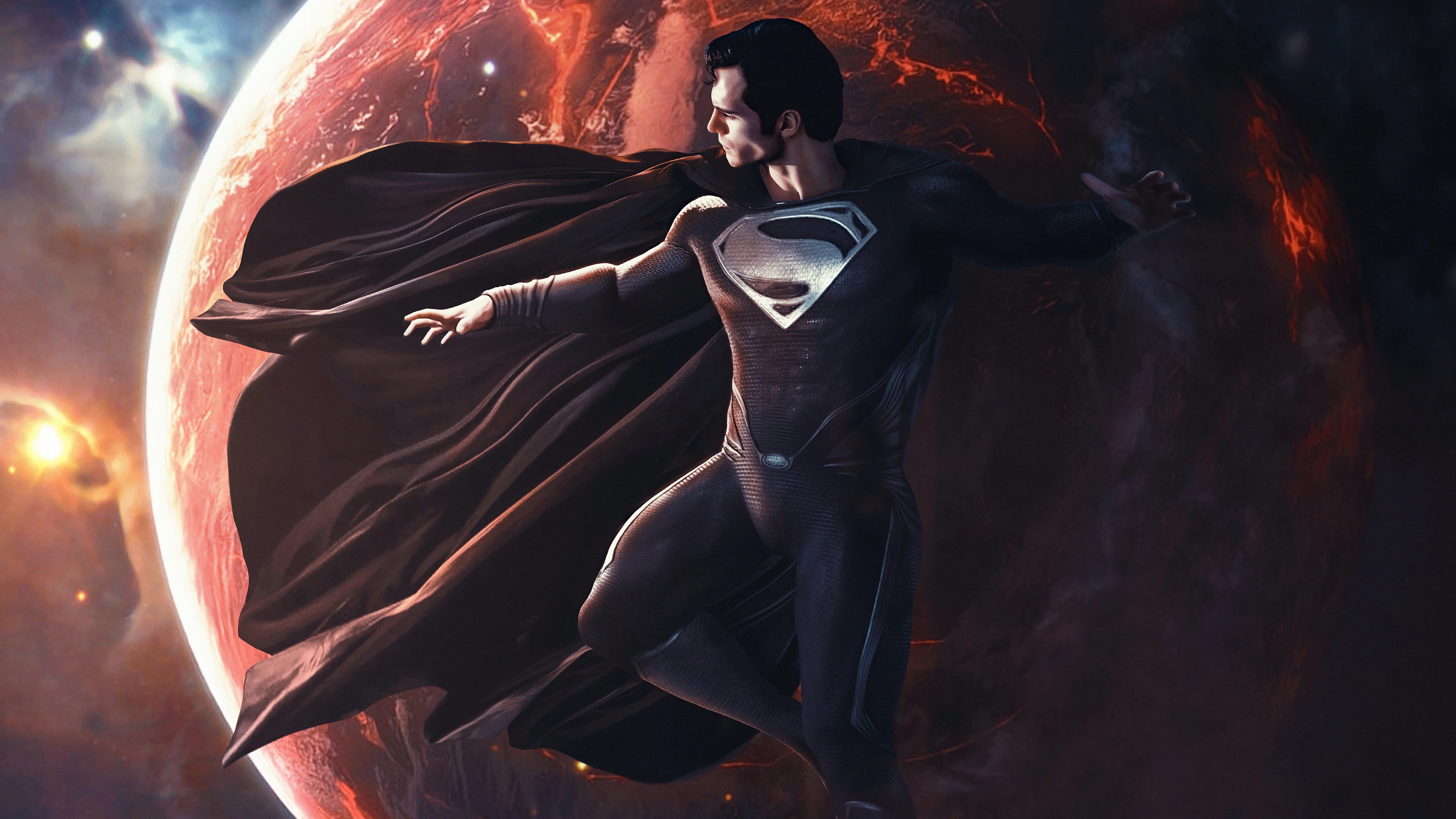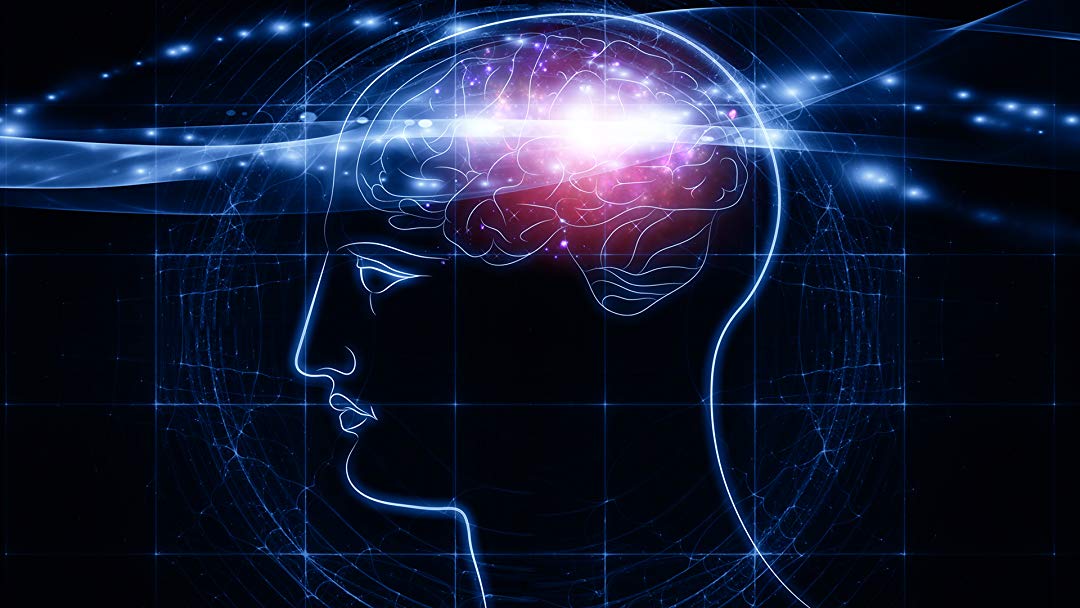When I write a story and create a protagonist, it’s easy to create a hero. Someone flawless that comes sweeping in to save the day with superpowers or a methodical detective that can solve any case. But, readers don’t fall in love with the flawless. We can’t relate to that. It wasn’t the fact that superman could fly across the world in a minute or pick up an entire building that made him alluring. It was his vulnerabilities. The fact that kryptonite could damage him or his heart could be broken by Louis Lane. There isn’t a superhero (or a super villain) out there who didn’t have a flaw.
We need those flaws. We have those flaws. Every single one of us. True, small children likely have fewer flaws, but it is part of human growth – part of growing up to accumulate these flaws. The older I get, the more I realize that we are all damaged, all of us. It is how we choose to embrace our damage, understand what is under our own skin and use it to better ourselves rather than allow it to rot us – that truly defines who we are and how we connect with others.
Those who claim they are not damaged have simply not come face to face with their own damage and have not come to understand what that damage is.
Don’t get me wrong, I am not saying that the damage is necessarily something catastrophic. It could be something as small as a bullying incident early in your life that causes an unknown level of anxiety or a fall when you were a child that you forgot about that causes a fear of heights. Damage is damage. Coming to terms with our own damage (in public or in private) is extremely important, and it really is the only way to move forward in life. There are some people I know that wear their damage on their face but have never come to terms with it and may live their entire life without ever understanding it themselves. Yet, others I know finally came to terms with their damage when they were in their 80s and 90s. We all live life on our terms, and we all live through our damage on our own terms.
The most important element to gain from this is that our damage is key. It makes us interesting, unique, often relatable, and sometimes holds us back. When you walk down the street and look at that person in the crowd that seems so well put together and overconfident. Just know, it’s only a face they are wearing, and they may just be better at hiding their damage. Show a little love and help where you can.




 The automated woman on the other end states “I think you said your having problems with your service, is that correct?”
The automated woman on the other end states “I think you said your having problems with your service, is that correct?” he Cons
he Cons